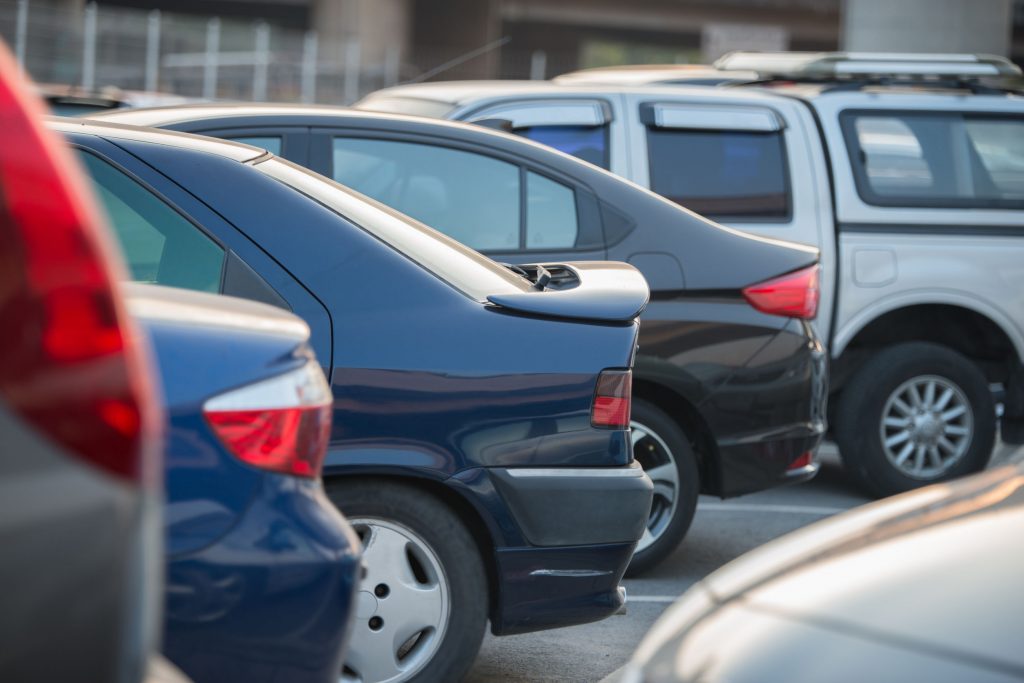
One of the selling points of electric cars and many new model vehicles is that they have quiet engines. Gone are the days when drivers sought powerful, fast and noisy engines. Many of the new cars in the market feature quiet engines at low speed.
However, according to the National Highway Traffic Safety Administration (NHTSA), quiet cars present a high risk to pedestrians. The NHTSA has taken this claim to a whole new level by requiring manufacturers of electrical vehicles to ensure that their cars make noise when driven at low speeds.
The Danger of Quiet Cars
Many drivers and passengers enjoy the quiet that electric and hybrid vehicles offer. This is one of their biggest selling points. However, pedestrians don’t appreciate being surprised by quiet vehicles that may creep too close without being noticed.
We all rely on our senses for day to day activities. We are especially dependent on them to alert us when there is a possibility of danger. Quiet cars on the road are difficult to hear. They therefore increase the chances of car crashes involving pedestrians. This undermines the safety of pedestrians.
The lack of engine noise is especially dangerous to pedestrians who are visually impaired or blind. These pedestrians rely on their sense of hearing to avoid dangers in their environment. Cyclists, children and runners are also at high risk, as they will not receive adequate warning of approaching vehicles where quiet vehicles are involved.
The Quiet Car law
Over 2,400 pedestrians are injured annually in car accidents. In an effort to reduce the risks to pedestrians from quiet electrical and hybrid cars, the NHTSA has announced the introduction of the ‘Quiet Car Rule’. The federal safety standard, which is expected to come into effect on September 2019, requires quiet cars to meet minimum requirements for sound in order to provide audible alerts to pedestrians.
The rule has been in the making for a long time. Although the mandate for noisemakers was first to be finalized in 2014, the deadline has been pushed back by the NHTSA on several occasions. It will cost manufacturers an estimated $39 million annually to ensure compliance by installation of ‘noise makers’ (waterproof speakers). However, the country will be spared $320 million in annual expenses towards healthcare provision for injured pedestrians.
If you own a quiet car, there is still time for you to comply. In the meantime, drive carefully and be aware of those around you, especially pedestrians.















